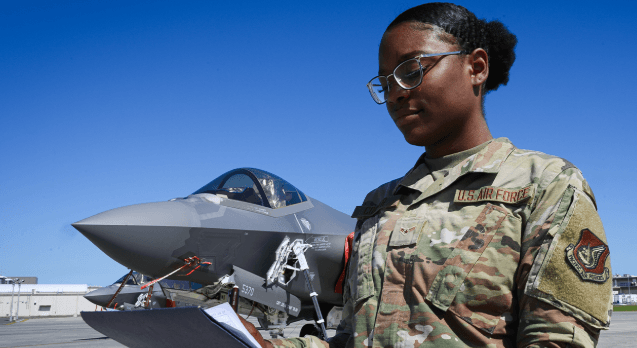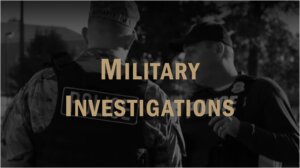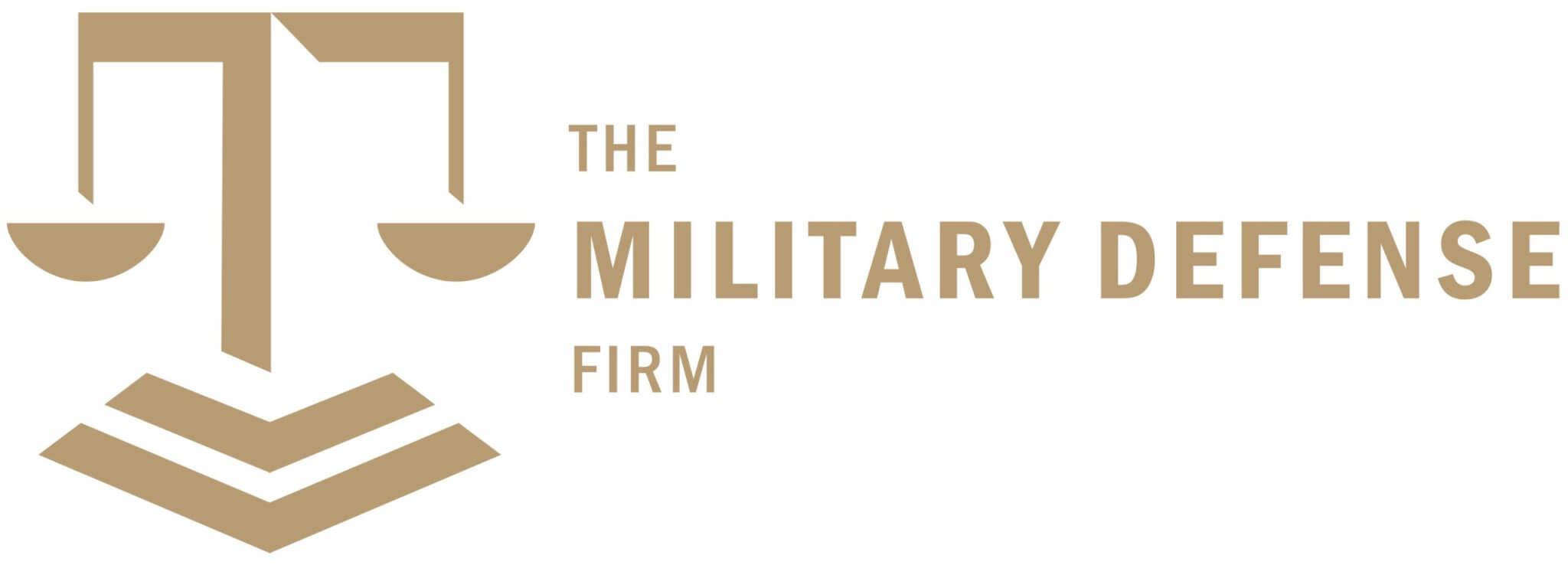What Is a Commander Directed Investigation (CDI) in the Air Force?
A Commander Directed Investigation (CDI) in the U.S. Air Force is a powerful administrative tool used to investigate allegations of misconduct, regulatory violations, or other concerns affecting good order and discipline within a unit. The CDI process is governed by relevant Air Force Instructions (AFI) and Department of Defense (DoD) guidelines. Unlike a criminal investigation led by the Office of Special Investigations (OSI) or Security Forces, a CDI is initiated and controlled by the commander, allowing leadership to quickly assess the facts surrounding an issue.

A CDI may involve collecting witness statements, reviewing text messages, evaluating documents, and interviewing involved parties to determine the truth. While not a criminal proceeding, it can lead to adverse findings and significant disciplinary action, including administrative or UCMJ-based outcomes.
What Triggers a CDI in the USAF?
Commanders initiate CDIs to address a wide range of issues, including:
- Allegations of misconduct or inappropriate behavior by Airmen
- Suspected violations of AFI or unit policy
- Concerns about reprisal, sexual assault, or other sensitive matters
- Misuse of government resources or abuse of authority
The decision to begin a CDI typically comes after receiving a complaint or observing behavior that warrants review. While a CDI is not a criminal investigation like those led by OSI or Security Forces, it can still result in adverse action for the subject of the investigation.
The CDI Process: Key Steps
- Initiation – The commander identifies concerns and appoints an investigating officer, who is often another officer in the chain of command with no direct involvement in the allegations.
- Evidence Collection – This includes interviews with witnesses and the subject of the investigation, collection of written statements, and review of text messages, emails, and other relevant documents.
- Analysis and Findings – The investigating officer prepares a written report detailing the findings and any substantiated allegations.
- Review and Recommendations – The commander evaluates the report and determines whether adverse findings are supported by the evidence.
- Final Action – Based on the findings, the commander may initiate administrative actions, including letters of reprimand, UIF entries, or recommend actions under the UCMJ.
Key Differences Between CDI and OSI Investigations
While both aim to address wrongdoing within the ranks, CDIs and OSI investigations serve different purposes:
- CDIs are administrative tools controlled by commanders
- OSI investigations are criminal inquiries that can result in court-martial or federal prosecution
- CDIs may rely on less formal evidence (like text messages or informal witness testimony)
- OSI adheres to stricter evidentiary standards similar to civilian law enforcement
Possible Outcomes of a CDI
Depending on the evidence and findings, CDI results can lead to:
- No action if allegations are unsubstantiated
- Counseling or verbal reprimands
- Adverse administrative actions, such as letters of reprimand or referral evaluations
- Initiation of non-judicial punishment under Article 15 of the UCMJ
- Referral to OSI or Security Forces if criminal activity is suspected
Legal Risks for the Subject of the Investigation
Being the subject of a CDI in the USAF is serious. Adverse findings can affect career progression, security clearance, and future assignments. Servicemembers are not automatically entitled to legal counsel during the CDI process, which makes it essential to seek legal advice early on.

Why Legal Representation Matters
At The Military Defense Firm, our attorneys have years of experience defending Airmen across the U.S. Air Force and other military branches. We understand the impact CDI results can have on your career and reputation. Whether you’re stationed at an Air Force base in New York or anywhere across the DoD, we have a proven track record of challenging adverse action and helping servicemembers navigate the complexities of military law.
We handle cases involving allegations of sexual assault, reprisal, misuse of authority, and more. Our team knows the intricacies of AFI, UCMJ procedures, and the nuances of chain of command dynamics.
Facing a CDI? Take Action Now
If you’re facing a Commander Directed Investigation, don’t wait until it’s too late. Even if the investigation is administrative, the consequences can be permanent.
Contact The Military Defense Firm today for a free consultation and take the first step in protecting your future.


